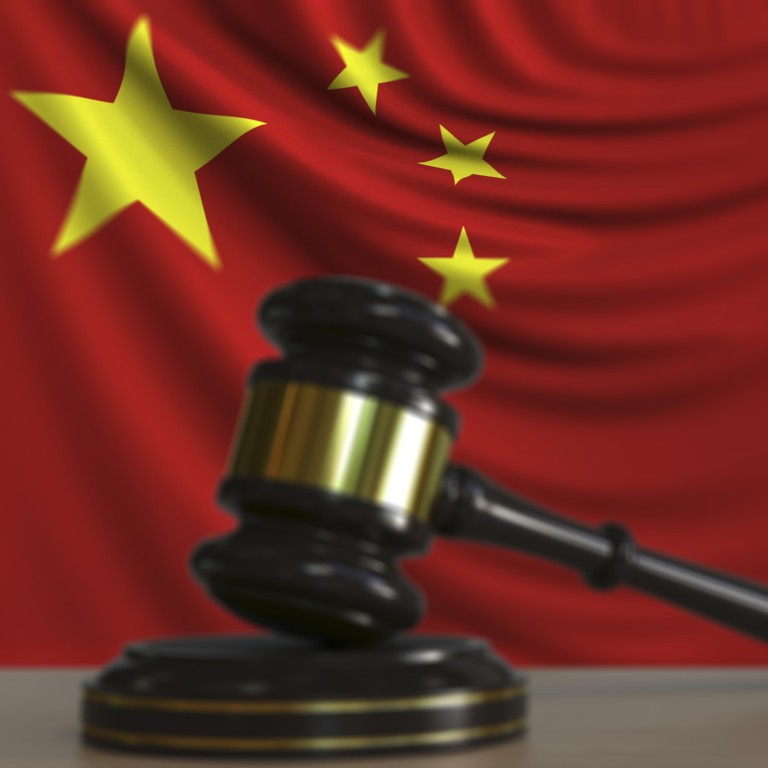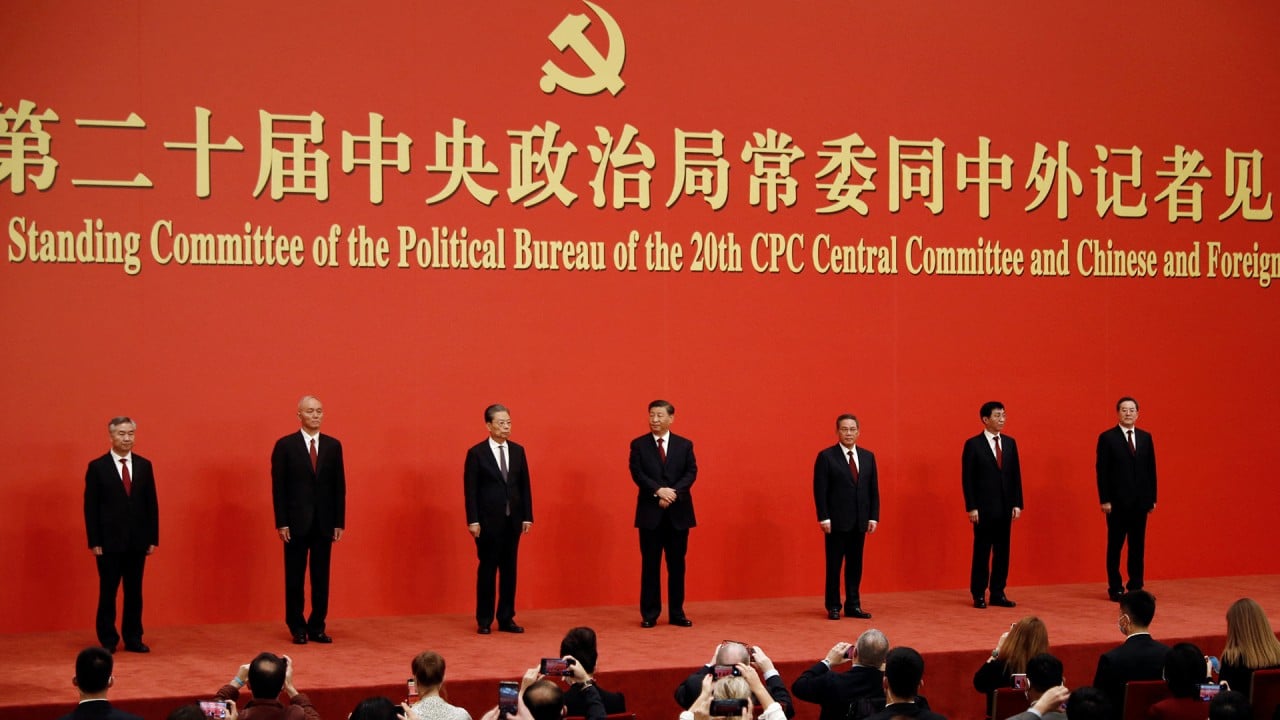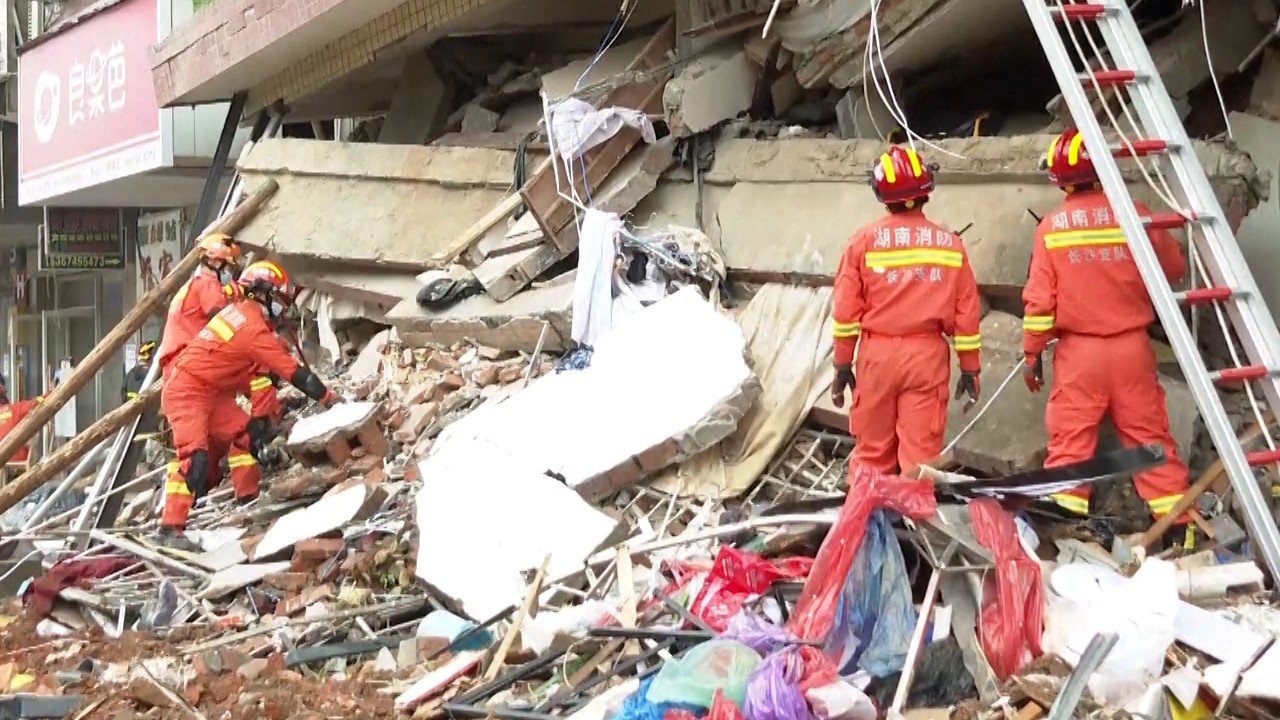
University students can now major in China’s anti-corruption drive
- Graduates armed with law degrees can work for government ‘superagency’ to fight corruption
- 16 universities in China will train talent for President Xi’s stepped up signature campaign
In August, the Ministry of Education announced that 16 universities in China would establish majors in discipline inspection and supervision for undergraduate studies. The subject has also been added to the latest edition of the graduate education subject catalogue.
How Xi plans to uphold party’s ‘absolute leadership of the gun’, long-term rule
The NSC operates in parallel with the party’s top anti-corruption body, the CCDI. Together, they work “as one organisation with two names”, and have taken over the main anti-corruption functions from China’s prosecution offices, or procuratorates, with expanded supervisory power for the CCDI.
Zhu Jiangnan, an associate professor at the University of Hong Kong’s politics and public administration department, said that creating a pool of people specialising in anti-corruption skills was something on the top of the to-do list of the Chinese government.
“With a new and more expansive system, the CCDI [Central Commission for Discipline Inspection] always lacks sufficient manpower, given the large number of cases to investigate every year,” Zhu said.
“The anti-corruption drive is going to remain unchanged,” Zhu said. “Establishing the discipline can be seen [in action] in line with President Xi’s vision of continuing the mission of the previous 10 years.”
Ma Huaide, president of China University of Political Science and Law, said in an article published in China Discipline Inspection and Supervision News in September that “establishing the discipline is a practical need to implement General Secretary Xi Jinping’s important thesis on the overall strict governance of the party, correcting and combating corruption”.
Shanghai’s first independent discipline inspection and supervision institute, which will focus on the party and state supervision system, as well as the party’s integrity and anti-corruption efforts, has been established at East China University of Political Science and Law.
The university has listed the subject as a key programme this year and plans to offer master’s and doctoral degree programmes next year, according to a report by Shanghai news portal The Paper.
Guo Weilu, the university’s party secretary, said the school would integrate practical skills with knowledge, strengthen close cooperation with the discipline inspection and supervision system in Shanghai, and make the institute “an important base for discipline inspection and supervision personnel training and cadre training”.
Xi Jinping tells Communist Party to keep up campaign against corruption
He said that through the campaign the party had broken the “cycle of history”, a reference to the atrophy and collapse of past dynasties.
Xi said the campaign was part of the party’s mission of “self-revolution”, adding that members would not be allowed to rest or show weariness during the corruption drive.
Over the past 10 years of Xi’s rule, the CCDI and NSC have investigated more than 550 officials at minister level and above, including 61 full and alternate members of the Central Committee, which is in charge of party affairs, according to Xiao Pei, deputy secretary of the CCDI and deputy director of the NSC.



